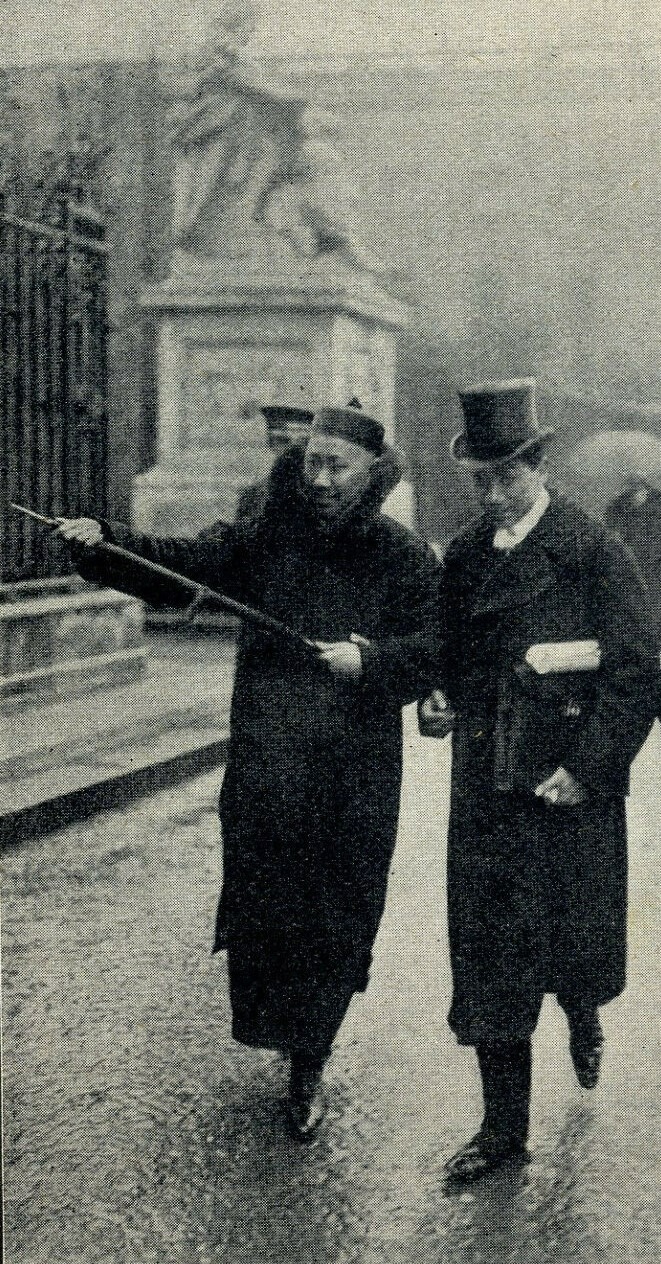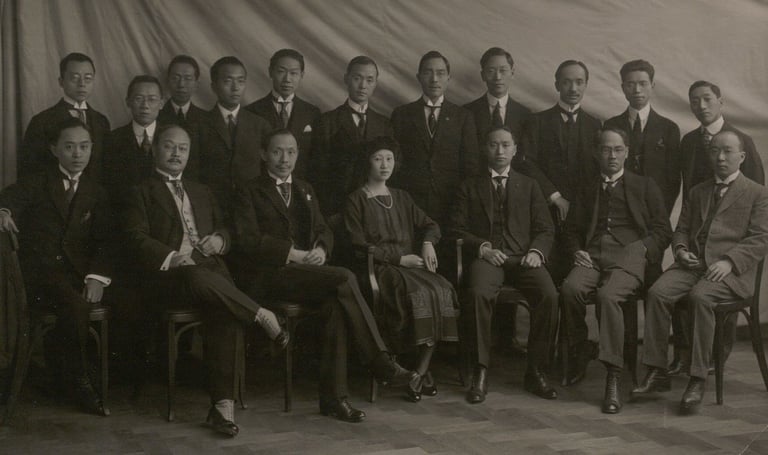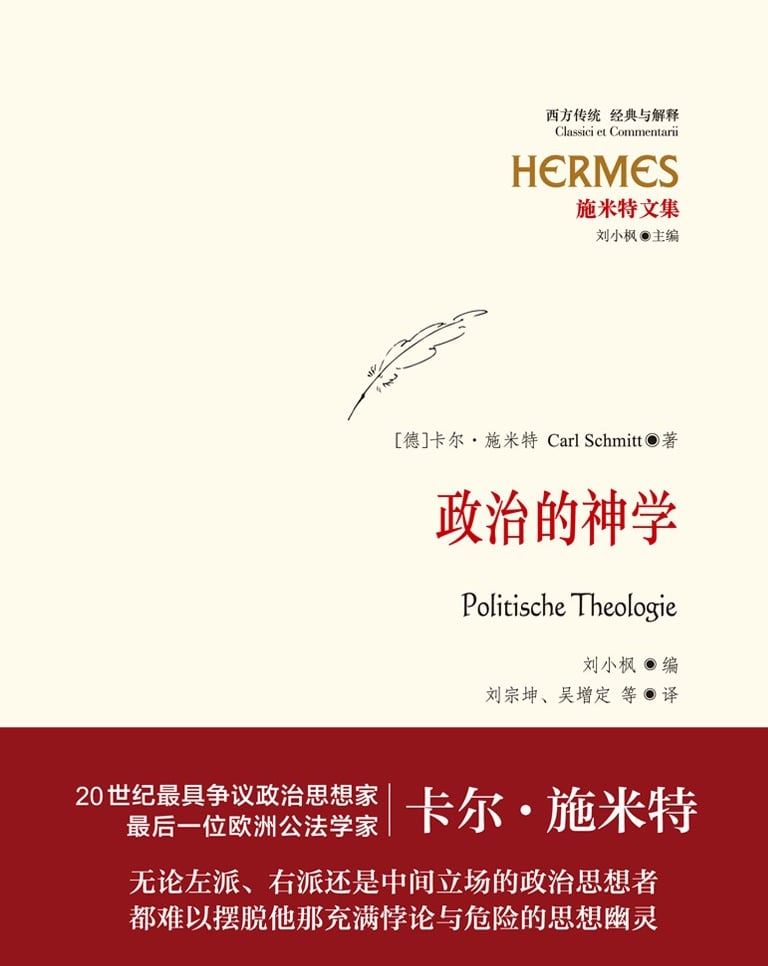China and the making of modern international law
Until recently, the role of Chinese and other non-Western actors has been systematically erased from the historical memory of international law. Paradoxically, this Euro- and Anglocentric bias is often reinforced by postcolonial and other critical approaches, which tend to portray international law as little more than a political instrument wielded by powerful Western states. In contrast, the significant role that non-Western jurists and diplomats played in shaping key norms and institutions of the contemporary international order has long been overlooked.
Situated at the intersection of legal and intellectual history, my current book project seeks to address this gap. Drawing on extensive archival research across three continents, it challenges prevailing narratives of China’s encounter with the Western-dominated global order. My research reveals that Chinese actors played a crucial—if often surprising—role in shaping the institutional and normative foundations of modern international relations. From the outlawing of war as sovereign prerogative to the progressive codification of international law, Republican-era Chinese elites were driven by an unprecedented ethos of legal internationalism.
My book traces the rise and decline of this internationalist agenda through the tumultuous first half of the twentieth century. In doing so, it offers new insights into the appeal, limitations, and contradictions of international law. At the same time, it argues that the forgotten story of China’s internationalists calls for a reinterpretation of central themes in Chinese history, including imperialism, revolution, and the “unequal treaties.”


Above: Chinese jurists Wang Chonghui (王寵惠) and Zhou Zechun (周澤春) at the University of Berlin [Source: Reclam Weltrundschau, Heft 14, 30 December 1909, page 624].
Left: Members of China’s first delegation to the League of Nations in Geneva, 1920 [Source: League of Nations Archive, Photograph Collection, item P045_01_042].


Political ideology and constitutional backsliding in contemporary China
In addition to my work on the history of international law, I am interested in political debates in contemporary China, particularly as they relate to constitutionalism, state authority, and the rule of law. Beyond mere “window dressing,” how can we make sense of constitutions in a political system defined by single-party rule and the absence of judicial mechanisms to effectively check executive power? What is the relationship between constitutional text and political reality, legal normativity and exceptional decision-making, in post-reform China?
My research examines the contrasting ways in which Chinese jurists have sought to answer these questions. In my first article on the topic, I analyze the influence of the controversial German political and legal theorist Carl Schmitt on contemporary Chinese constitutional theory. While demonstrating that Schmitt’s thought has informed neoconservative efforts to legitimize legally unrestrained party authority, the article also reveals how—somewhat counterintuitively—his ideas have inspired liberal attempts to rethink the prospects for meaningful constitutional change.
I have expanded on this theme in more recent articles, which situate the rise of neoconservative political ideology within a broader intellectual trend of historicist, counter-Enlightenment, and neo-Eurasian thought—both within and beyond China. Of particular interest is the interplay between China’s constitutional regression and the deterioration of the global geopolitical climate over the past decade, a shift that has paved the way for the current confrontation in Sino-Western relations.


Cover of the Chinese edition of Carl Schmitt’s “Political Theology,” published in 2015 by Shanghai Renmin Chubanshe. The text at the bottom describes Schmitt as “the most controversial political thinker of the twentieth century” and “Europe’s last public lawyer.”
What’s next? Upcoming research projects
In

